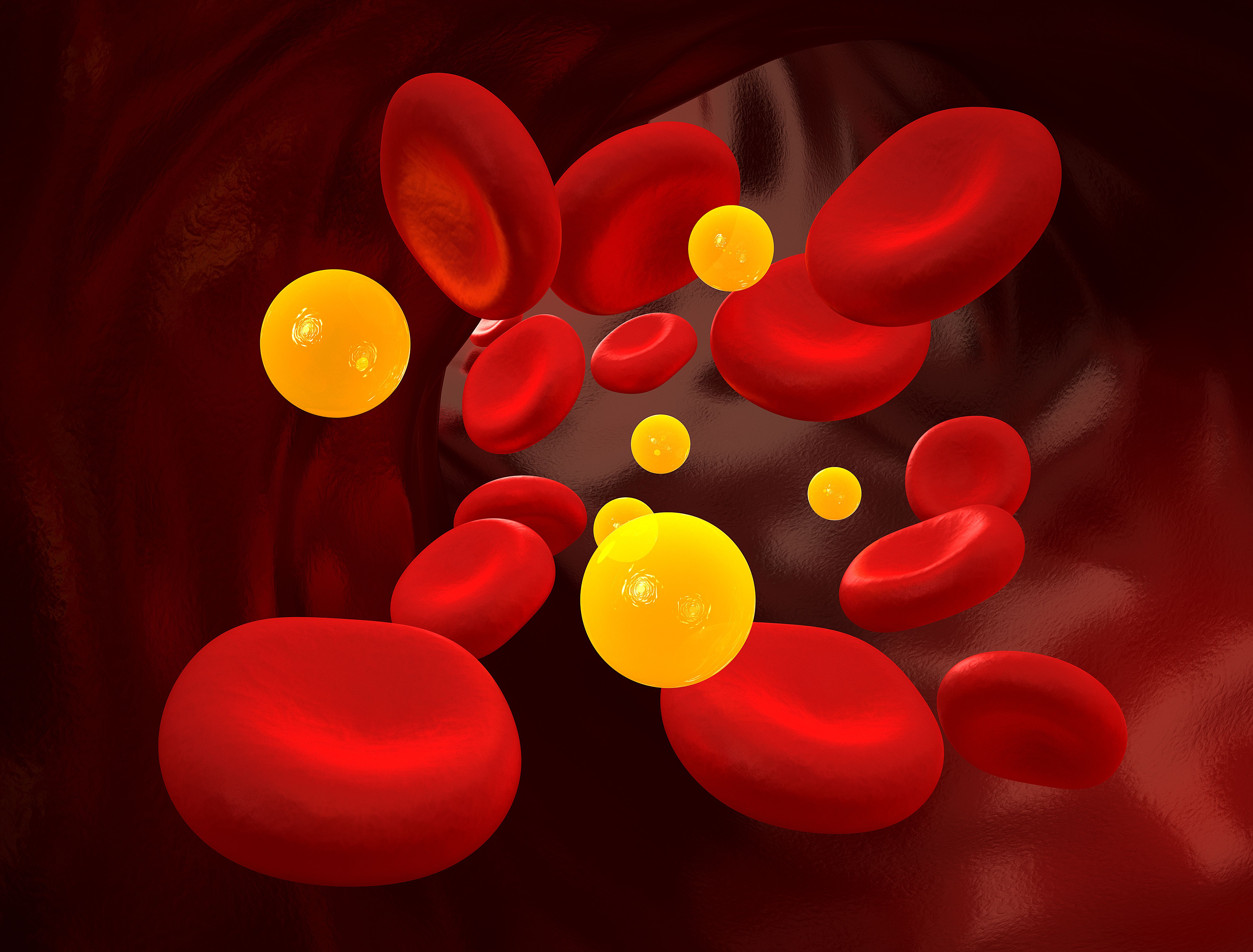Article
PANTHER: P2Y12 Monotherapy Bests Aspirin for Secondary Prevention in Coronary Artery Disease
The PANTHER study, which was a meta-analysis of 7 RCTs comparing P2Y12 inhibitor monotherapy against aspirin for secondary prevention in CAD, suggests use of P2Y12 inhibitor monotherapy was associated with a 12% reduction in risk of the primary composite endpoint, with a 23% relative reduction in risk of myocardial infarction.
Marco Valgimigli, MD, PhD

Use of P2Y12 inhibitor monotherapy was associated with a lower risk of ischemic events than aspirin monotherapy with no increased risk of bleeding in people with coronary artery disease (CAD), according to the PANTHER analysis.
Presented at the European Society of Cardiology (ESC) Congress 2022, the study, which investigators call the most comprehensive meta-analysis to date of individual patient data from RCTs assessing the effects of oral P2Y12 inhibitors against aspirin in patients with CAD, suggests use of P2Y12 inhibitor therapy was associated with a 12% reduction in the primary composite outcome and a number needed to treat (NNT) of 123 to prevent an adverse outcome.
“The relative risk of the primary composite endpoint was reduced by 12% in patients receiving a P2Y12 inhibitor, primarily driven by a 23% relative reduction of myocardial infarction and, secondarily, by numerically but not significantly lower rates of stroke,” said Marco Valgimigli, MD, PhD, deputy chief of interventional cardiology at the Cardiocentro Ticino Foundation, Lugano, Switzerland, in a statement. "The overall risk of major bleeding did not differ, whereas gastrointestinal bleeding and hemorrhagic stroke occurred less frequently in patients receiving a P2Y12 inhibitor than aspirin monotherapy.”
Although the advent of P2Y12 inhibitors has contributed to the ongoing situation, questions surrounding aspirin’s longstanding role as a cornerstone in certain cardiovascular prevention settings. As a result of previous trials and observational studies producing mixed results related to optimal choice of antiplatelet therapy for secondary prevention in patients with atherosclerosis, the PANTHER study was designed with the intent of estimating the effects of clopidogrel, prasugrel, or ticagrelor against aspirin on ischemic and bleeding outcomes in patients with established CAD for randomized controlled trials.
A total of 7 trials with 35,752 individual participants from 492 sites across 3 continents were identified for inclusion. These were the ASCET, CADET, GLASSY, CAPRIE, DACAB, HOST-EXAM, and TICAB trials. Of the 35,752 patients included in the overall population of these trials, 11,427 were excluded due to lack of established CAD, 520 were excluded due to premature study termination or occurrence of adverse events before protocol specified comparison of P2Y12 inhibitors and aspirin, and 198 were excluded because they were randomized to a dual antiplatelet therapy regimen.
Of the 24,325 identified for inclusion in the meta-analysis, 12,178 received P2Y12 inhibitor monotherapy and 12,147 received aspirin monotherapy. Of the 12,178 who received P2Y12 inhibitor monotherapy, 62.0% (n=7547) received clopidogrel and 38.0% (n=4633) received ticagrelor. The final analytical cohort had a mean age of 64.3 years, 21.7% were women, and the median treatment duration was 557 days.
The primary efficacy outcome of interest was a composite of cardiovascular death, myocardial infarction, and stroke. Secondary outcomes of interest included incidence of ischemic stroke, hemorrhagic stroke, defined stent thrombosis, definite or probable stent thrombosis, and gastrointestinal bleeding.
Upon analysis, results indicated a primary outcome event occurred among 5.5% receiving P2Y12 inhibitor monotherapy compared with 6.3% among those receiving aspirin monotherapy (HR, 0.88 [95% CI, 0.79-0.97]; P=.014), with an NNT of 123 patients to prevent 1 adverse event. Analysis of secondary outcomes indicated the risk of major bleeding was similar between both groups, with major bleeding events recognized among 1.2% of those receiving P2Y12 inhibitor monotherapy and among 1.4% of those receiving aspirin monotherapy (HR, 0.87 [95% CI, 0.70-1.09]; P=.23). Further analysis of adverse clinical events, which was defined as a composite of the primary efficacy outcome and major bleeding, results demonstrated the risk of net adverse clinical events was reduced with P2Y12 inhibitor monotherapy compared to aspirin monotherapy, with such events occurring among 6.4% receiving P2Y12 inhibitor monotherapy and 7.2% receiving aspirin monotherapy (HR, 0.89 [95% CI, 0.81-0.98]; P=.020). The NNT to prevent 1 net adverse clinical event was 121 patients.
Further analysis of individual endpoints suggested use of P2Y12 inhibitor monotherapy was associated with a lower risk of myocardial infarction compared with aspirin monotherapy, with these events occurring in 2.3% receiving P2Y12 inhibitor monotherapy and 3.0% receiving aspirin monotherapy (HR, 0.77 [95% CI, 0.66-0.90]; P <.001). The NNT to prevent 1 myocardial infarction was 136 patients. Additionally, results indicated P2Y12 inhibitor monotherapy was associated with an even greater reduction in myocardial infarction compared to those using low-dose aspirin(HR, 0.59 [95% CI, 0.43-0.79]) rather than high-dose aspirin (HR, 0.85 [95% CI, 0.71-1.01]; P for interaction=.040).
Investigators also highlighted potential reductions in risk of hemorrhagic stroke (HR, 0.32 [95% CI, 0.14-0.75]; P=.009), definite stent thrombosis (HR< 00.42 [95% CI, 0.19-0.97]; P=.041), definite or probable stent thrombosis (HR, 0.46 [95% CI, 0.23-0.92]; P=.028), and gastrointestinal bleeding (HR, 0.75 [95% CI, 0..57-0.97]; P=.027) in favor of P2Y12 inhibitor monotherapy compared with aspirin monotherapy.
“The findings from our analysis, which included all available randomized evidence, challenge the central role of aspirin and support a paradigm shift toward single P2Y12 inhibition for secondary prevention in the long-term antithrombotic management of patients with coronary artery disease,” Valgimigli added.
This study, “P2Y12 inhibitor or aspirin monotherapy as secondary prevention in patients with coronary artery disease: an individual participant data meta-analysis of randomized controlled trials,” was presented at ESC Congress 2022.





